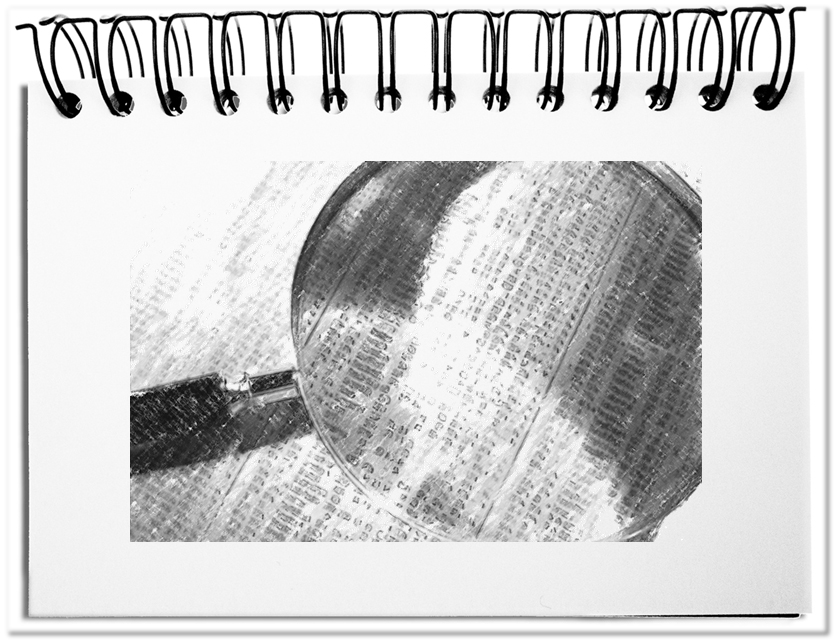After more than one hundred years, the processing of data is still the main business of IT. The development and the architecture of IT-systems as well as the world-wide networking were at the center of the attention for a long time. Now the IT-industry rediscovered its original topic, the processing of data. With Big Data the renaissance of data processing has an irresistible title. The topic is interesting, because
- Data is stored everywhere,
- Contents are interpretable, and
- the skillful question is difficult to find.
Big DATA offers remedies, in order to process the giant quantities of data, to facilitate the evaluation of contents and to simplify the formulation of the questions. What do the users have to consider in order being ready for Big DATA?
- Data is everywhere
Despite long-term consolidation and standardization of the IT, the corporate data is still saved in various systems and formats, on different media, and protected in various ways by passwords. Additionally the master data, like e.g. customer or product data are still stored redundantly in several databases that are controlled by different responsible executives. The data quality (e.g. correctness, completeness, consistency or timeliness) is difficult to assess. Eventually, apples are mixed with oranges and then evaluated. These disadvantages will be amplified by Big DATA – following the slogan: Faster Disaster. - Data is interpretable
The interpretation of contents depends on several aspects. Actually, only the original creators of data know their initial purpose. Over time other employees use this data for daily business. They update the existing and add further contents with their own interpretation. Occasionally, the data will be evaluated, consolidated and prepared in tables and diagrams. The analysts interpret the results and derive new insights from it. In retrospect, the participants will not be able to remember, what their original understanding of the data was. The same will happen better and faster with the new Big DATA. - It is difficult to ask skillfully
New approaches, like Data Mining, offer the possibility to search through data without distinct questions. Thereby, programs find patterns that will be examined afterwards. This unveils regular patterns that result from frequent repetition of fraud. On this basis concrete questions can be formulated, e.g. what did customer XY buy and did not pay. For the effectual use of Big DATA the users must learn to ask SMART questions: Specific, Measurable, Adequate, Relevant and Testable Before you start the examination, the indicators of the answers should be specified. Eventually, the format of the report and the structure of the result are determined. The achieved insights can be used more easily in the business.
Bottom line: It would be a fatal and expensive error to consider Big DATA as an automatism that provides the solutions for the operational tasks. The amount of data doubles itself every two years. Therefore we will have to deal globally by 2020 with 40 zettabytes according to IDC http://ow.ly/Ao5v7 . Now is a good moment to make yourself ready for Big DATA.


